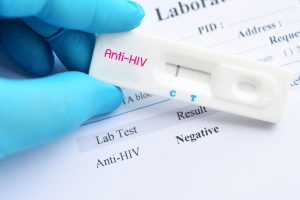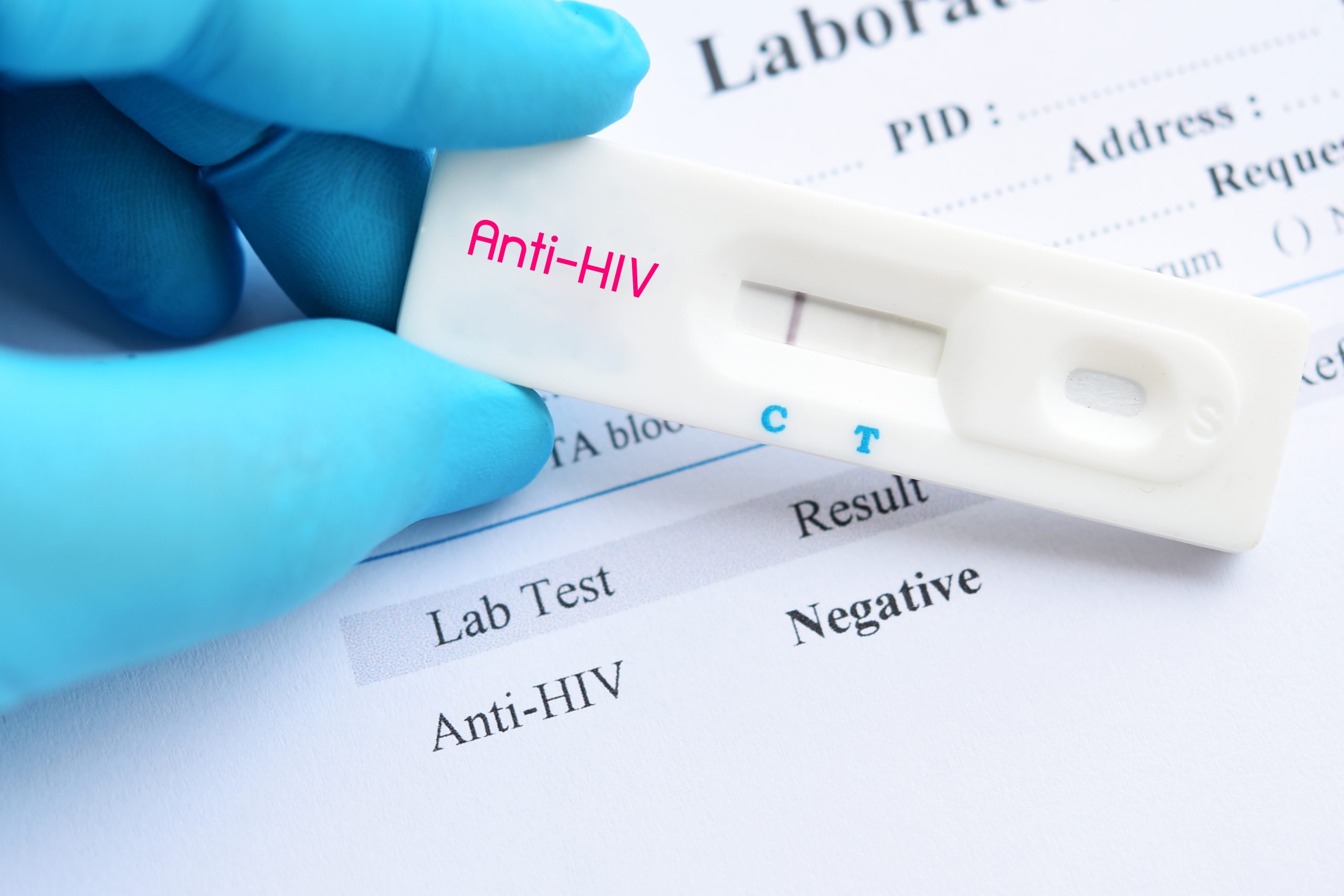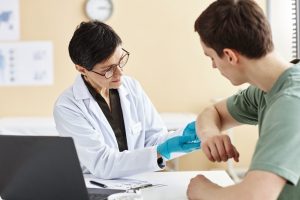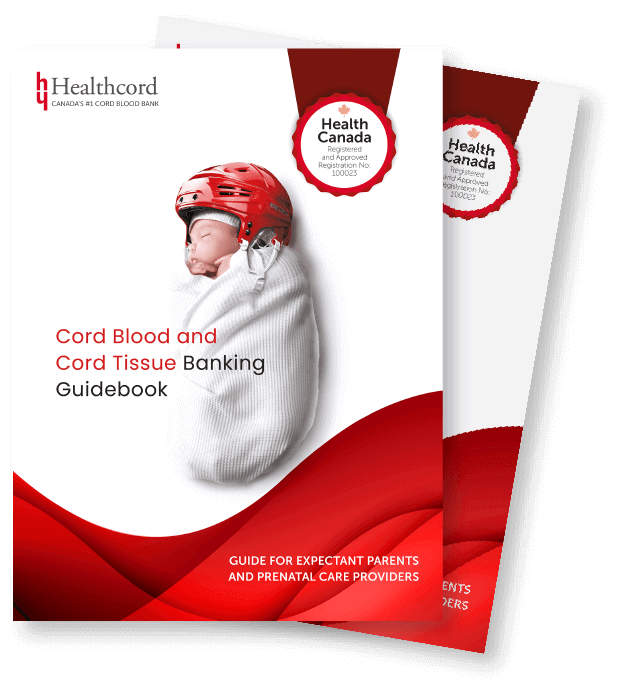
Clinical trial shows that stem cell therapy may help patients with congenital heart defects
A Phase I clinical trial published in the journal Circulation Research showed promising results for the application of stem cells in the treatment of yet another heart disease.
Hypoplastic left heart syndrome (HLHS) is a birth defect of the heart characterized by incomplete development of the left side of the heart. In a healthy heart, the main left chamber (ventricle) pumps oxygenated blood to the rest of the body. In patients with HLHS, the left ventricle is severely underdeveloped and cannot properly supply blood to the body. Infants with HLHS are at serious risk of death without immediate surgical intervention.
One surgical option is a heart transplant; however, this option is often not available due to a lack of a suitable donor. The second option is a series of reconstructive surgeries so that the right ventricle performs the functions normally done by both sides of the heart. However, even in successful reconstructions, dysfunction of the right ventricle increases the risk of death in HLHS patients.
An early-stage clinical trial showed that a stem cell-based therapy may improve the long term outlook for HLHS patients who receive reconstructive surgery. In the study, a type of stem cell was grown in a laboratory setting and infused into the patients’ hearts via the coronary artery, the main vessel supplying blood to the heart muscle. After the procedure, the patients’ heart functions were monitored and compared with a group of control patients who only had the standard surgeries without cell therapy.
Eighteen months after the procedure, the patients receiving the cell therapy showed improved right ventricle function, improved heart development, and reduced heart failure. Furthermore, the procedure was demonstrated to be safe and did not have any adverse side effects.
Heart disease is notoriously difficult to treat as heart cells have minimal ability to regenerate and repair themselves. Thus most heart damage is permanent. Stem cell therapy has offered the potential to change the medical approach from the management of progressive disease to potential treatment or even cure.
This study involved a small number of patients and will soon progress to larger phase 2 trials. Studies at this stage are typically 5 to 10 years from approval for clinical use.
Reference:
Ishigami, S. Ohtsuki, S, Tarui, S, et al. (2015) Intracoronary Autologous Cardiac Progenitor Cell Transfer in Patients With Hypoplastic Left Heart Syndrome. Circulation Research 116, 653–664. doi: 10.1161/CIRCRESAHA.116.304671.
Related Posts

Novel Cord Blood Stem Cell Treatment Leads to HIV Remission


Stem Cell Transplantation Shows Potential in Stroke Recovery









